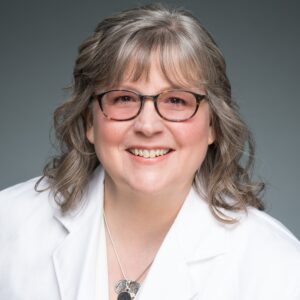 Sancy A. Leachman, MD, PhD (Program Chair)
Sancy A. Leachman, MD, PhD (Program Chair)
Professor & Chair
Department of Dermatology
Oregon Health & Science University
Director of Melanoma Program
OHSU Knight Cancer Research Center
Portland, Oregon
Sancy A. Leachman, MD, PhD, is a physician-scientist who chairs the Department of Dermatology at Oregon Health & Science University (OHSU) and is the director of the Melanoma Research Program at the OHSU Knight Cancer Institute, an NCI-designated Comprehensive Cancer Center. The inaugural recipient of the John D. Gray Endowed Chair in Melanoma Research and chair of the Southwest Oncology Group Melanoma Prevention Working Group, she is a dermatologist using basic science research and state-of-the-art technology to combat skin cancer.
Dr Leachman’s research examines the role of genetic predisposition and differential gene expression in the development of melanoma, with an emphasis on the familial melanoma syndrome. She is interested in prevention, early detection, and chemoprevention of melanoma, particularly in genetically predisposed melanoma families. Through her investigations, she is seeking to develop agents that will serve as diagnostic tools, prognostic indicators, or targeted agents for the prevention of melanoma.
Dr Leachman is passionate about fighting the “War on Melanoma” (an all-fronts effort to eliminate melanoma in Oregon) and has led the effort in building one of the largest national melanoma patient registries in the state. In line with the OHSU Knight Cancer Institute’s focus on the early detection of cancer, she and her team developed a mobile phone app, MoleMapper, which tracks moles and their change and growth over time. MoleMapper helps to gather data for melanoma research and, potentially, impact health outcomes in individuals at risk.
Prior to joining OHSU in 2013, Dr Leachman was director of the Melanoma and Cutaneous Oncology Program at Huntsman Cancer Institute at The University of Utah in Salt Lake City, a professor in the Department of Dermatology, and member of the Imaging, Diagnostics, and Therapeutics Program and the Cancer Control and Population Sciences Program.
Dr Leachman also worked on a DNA vaccination study to prevent and treat papillomavirus-induced squamous cell carcinoma at Yale University School of Medicine, New Haven, Connecticut. She was awarded the prestigious Doris Duke Clinical Scientist Development Award in 2000 and is currently an NIH R01- and Department of Defense-funded principal investigator.
Dr Leachman earned medical and doctorate degrees at the University of Texas Southwestern Medical School, Dallas, Texas. She served a residency at Yale-New Haven Hospital (dermatology) in New Haven, Connecticut, and completed a fellowship in cutaneous oncology at Yale University School of Medicine. She is certified by the American Board of Dermatology.
 Brent R. Moody, MD
Brent R. Moody, MD
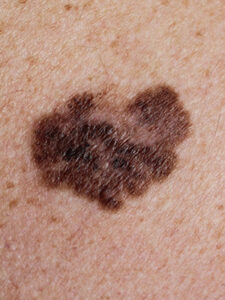
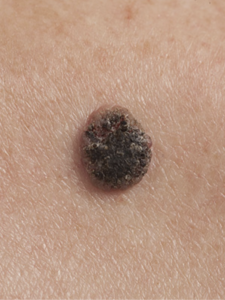

 Sancy A. Leachman, MD, PhD (Program Chair)
Sancy A. Leachman, MD, PhD (Program Chair)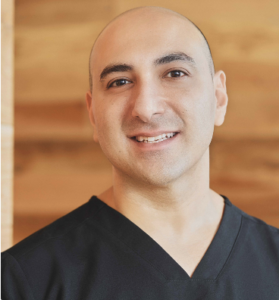 Sherrif F. Ibrahim, MD, PhD
Sherrif F. Ibrahim, MD, PhD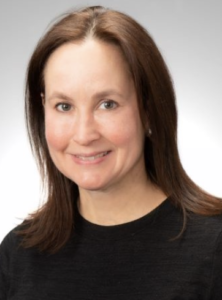 Laura K. Ferris, MD, PhD
Laura K. Ferris, MD, PhD